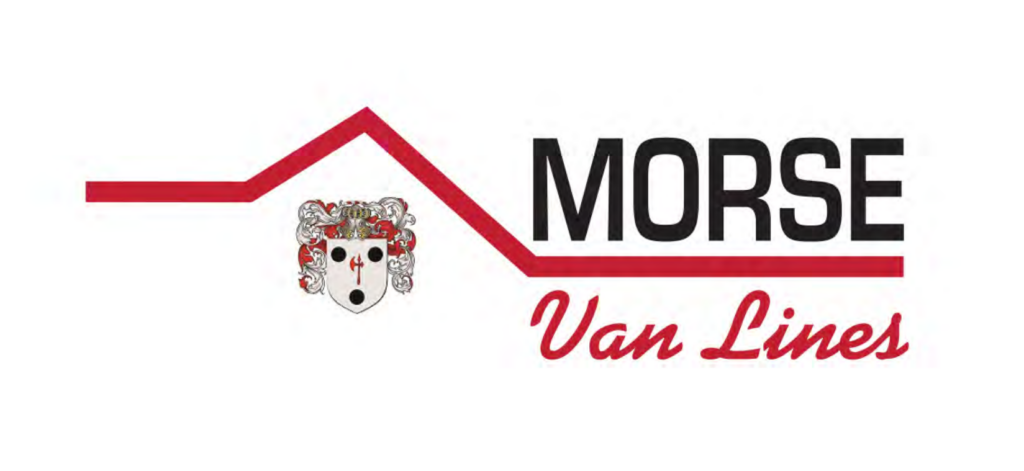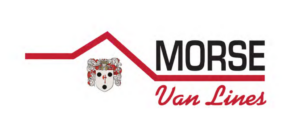Packing a moving truck efficiently is an essential part of a successful move. Proper organization ensures that your belongings are protected during transit and that you make the most of the available space. Whether you’re moving locally or embarking on a long-distance journey, understanding the techniques for loading a truck will save you time, effort, and potential damage to your items. You might be wondering how to pack a moving truck, let’s get started.
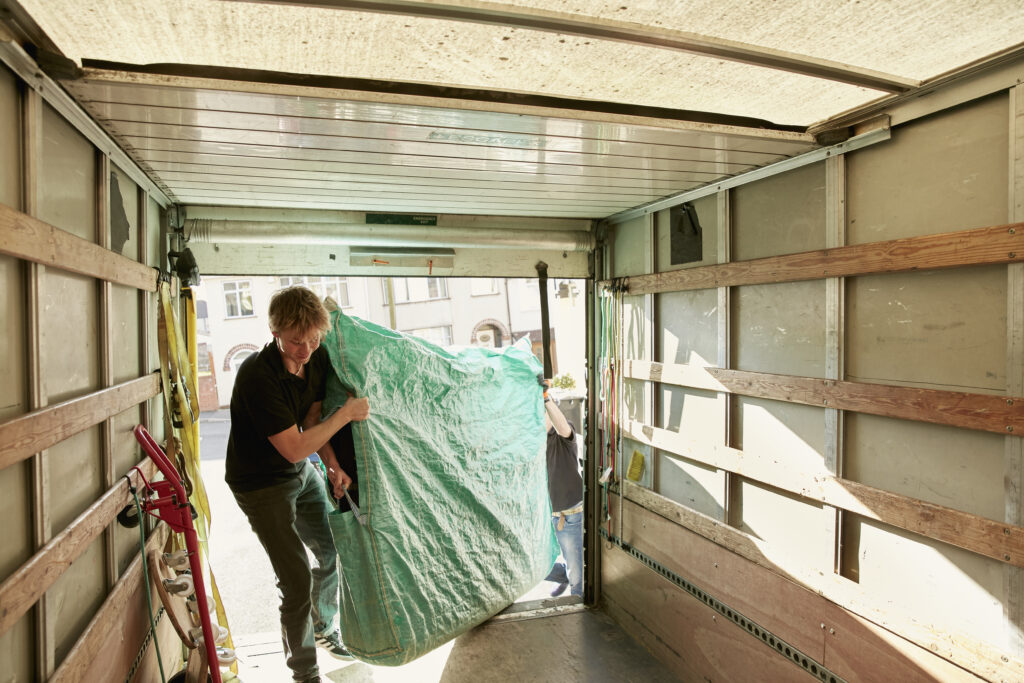
Why Efficient Packing Matters
Packing a moving truck is not just about fitting everything inside—it’s about doing so in a way that ensures the safety of your belongings and the ease of unloading them later. A poorly packed truck can lead to shifting during transit, which increases the risk of breakage and makes unloading chaotic. An organized truck helps you maximize space, reduces the number of trips, and keeps fragile items secure.
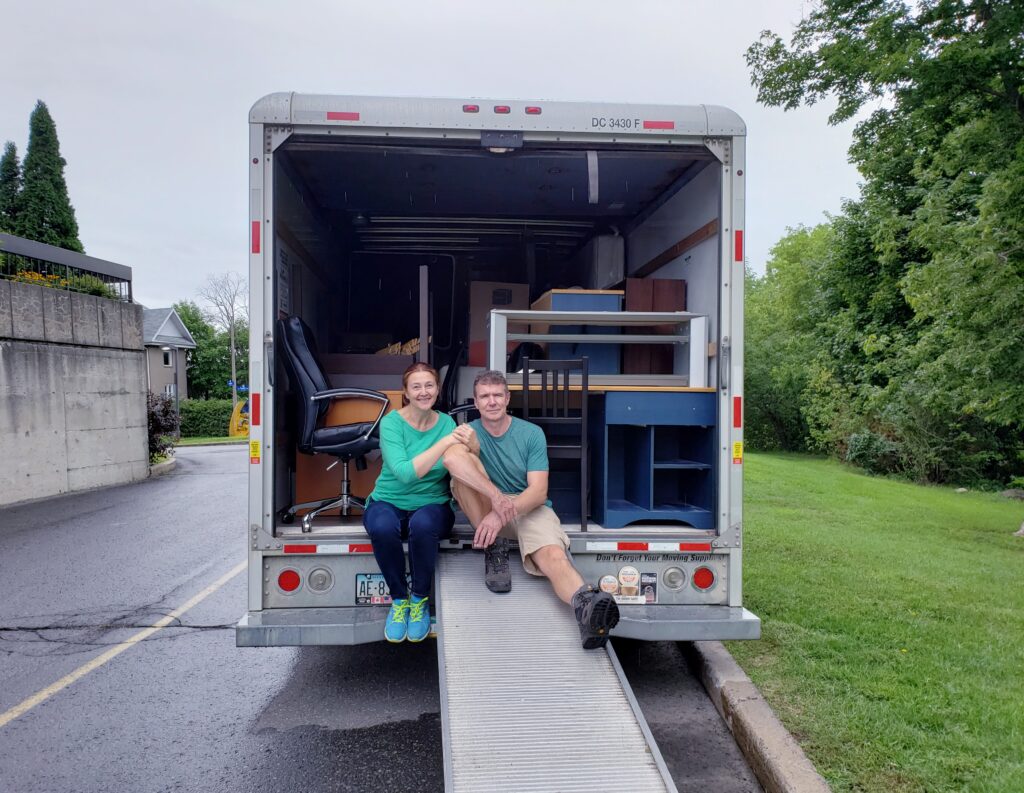
Preparing for the Packing Process
Before you start loading the truck, preparation is key. Take the time to gather all the necessary materials and plan your approach.
Gather the Right Supplies
You’ll need more than just boxes to pack a moving truck effectively. Make sure you have:
- Moving blankets or pads to protect furniture.
- Ratchet straps or ropes to secure heavy items.
- Bubble wrap and packing paper for fragile items.
- A dolly or hand truck for heavy lifting.
- Gloves to protect your hands during loading.
Sort and Label Your Boxes
Before loading, organize your belongings into categories. Label each box clearly to indicate its contents and the room it belongs to. This will make unloading and unpacking much smoother.
Measure Your Furniture and Truck Space
Knowing the dimensions of your larger items and the truck’s interior can help you plan the layout. Create a mental or physical map of where things will go to avoid last-minute confusion.

Start With Heavy Items
When loading the truck, always begin with the heaviest and largest items. These include appliances, dressers, mattresses, and large pieces of furniture. Place these items against the walls of the truck to create a solid foundation.
Balance the Weight
Ensure the heaviest items are evenly distributed across the truck bed to prevent tipping during the drive. Place heavier objects toward the front of the truck, closest to the cab, for better weight distribution and stability.
Protect Furniture
Wrap furniture with moving blankets to prevent scratches and dents. Use straps to secure them in place once they are loaded.

Load Medium-Sized Items Next
After the heavy items are securely in place, start loading medium-sized boxes and pieces of furniture. These could include smaller tables, chairs, and packed boxes containing books or household goods.
Fill Gaps Strategically
Use medium-sized items to fill in the gaps between larger pieces. This ensures a snug fit and prevents items from shifting during transit.
Stack Boxes Safely
Place the heaviest boxes at the bottom of each stack and lighter boxes on top. Avoid stacking boxes too high to maintain stability and prevent them from falling during the drive.

Secure Fragile Items
Fragile items require special attention to prevent damage. Wrap these items in bubble wrap or packing paper and place them in sturdy boxes labeled “Fragile.”
Create a Cushion
Place fragile items on top of heavier boxes or furniture, but ensure they’re well-secured to avoid movement. Use pillows, blankets, or soft items to cushion fragile boxes and prevent impact.
Separate Delicate Belongings
If possible, set aside extremely delicate or valuable items to transport in your personal vehicle. This provides an added layer of protection.

Maximize Space With Smaller Items
Once the larger and medium-sized items are loaded, use smaller boxes and miscellaneous items to fill in the remaining gaps.
Utilize Vertical Space
Stack items vertically to make the most of the truck’s height. Use smaller boxes to fill spaces on top of furniture or in corners that might otherwise be wasted.
Keep Essentials Accessible
Place a box of essentials, such as toiletries, a change of clothes, and important documents, near the truck’s door for easy access when you arrive at your new home.
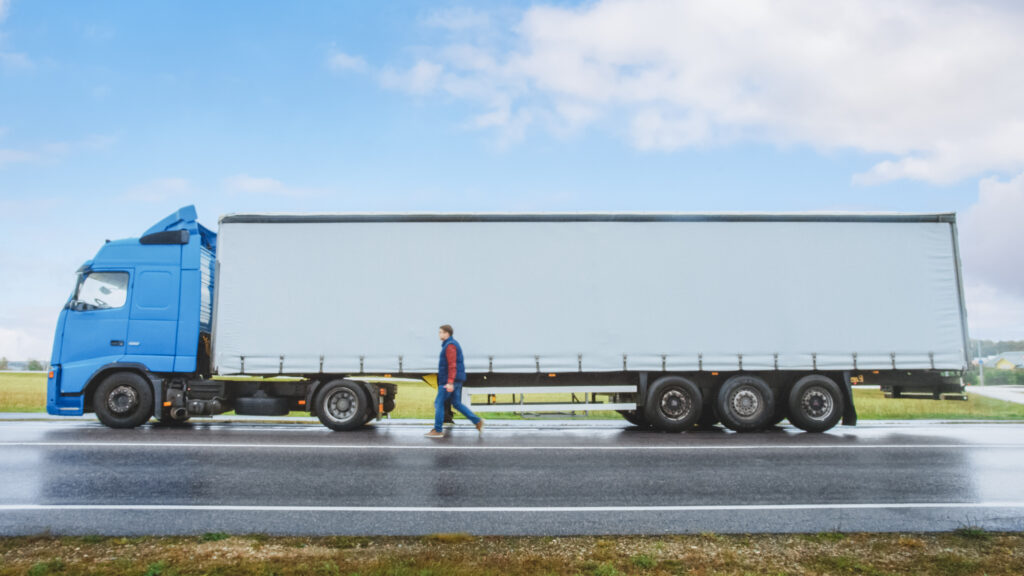
Secure the Load
After everything is loaded, it’s crucial to secure the entire load to prevent shifting during transit.
Use Straps and Ropes
Ratchet straps or ropes should be used to tie down large and medium-sized items. Securely fasten these straps to the truck’s anchor points to hold your belongings in place.
Double-Check Stability
Before closing the truck, test the stability of your load. Gently push against the boxes and furniture to ensure nothing moves easily.
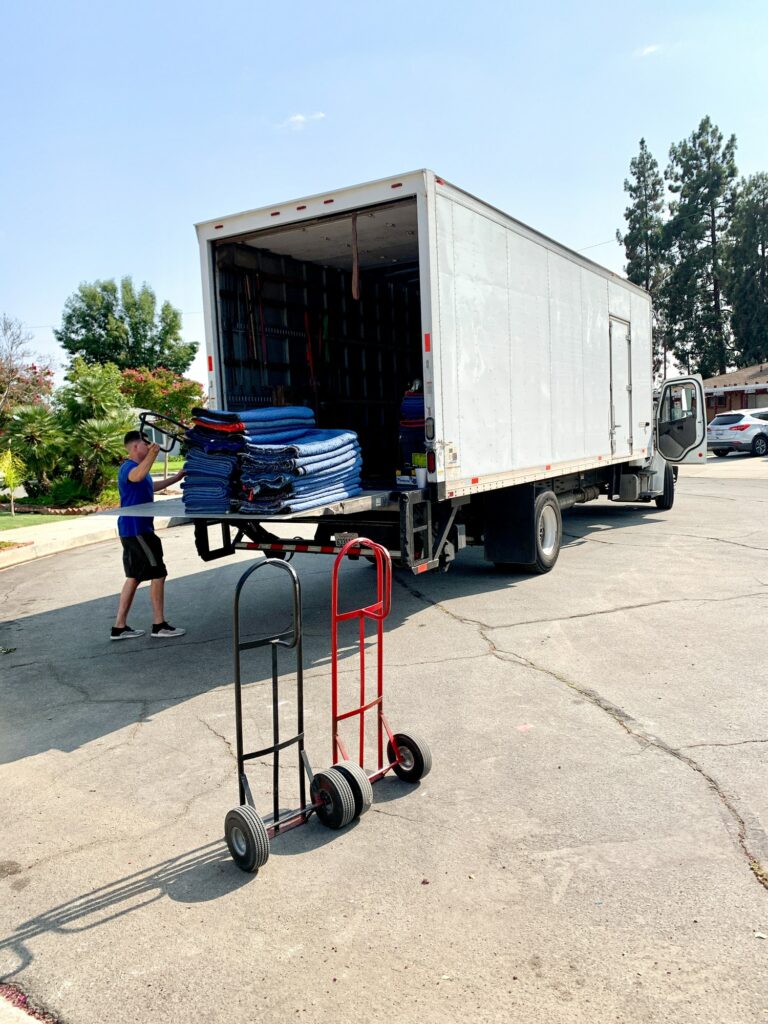
Driving Tips for a Loaded Truck
Once your truck is packed, the way you drive can impact the safety of your belongings.
Take It Slow
Drive cautiously, especially when turning or going over bumps. The extra weight of the truck makes it harder to stop quickly, so maintain a safe distance from other vehicles.
Avoid Sudden Movements
Sudden stops or sharp turns can cause items to shift inside the truck. Gradual braking and smooth steering will minimize this risk.
Check the Load Periodically
If you’re traveling a long distance, stop occasionally to check the load and ensure everything remains secure.
Unloading at Your Destination
When you arrive at your new home, the unloading process will benefit from the organized way you packed the truck. Start by removing lighter and smaller items first to create space, and work your way to the larger items. Having labeled boxes will make it easier to place them in the correct rooms.
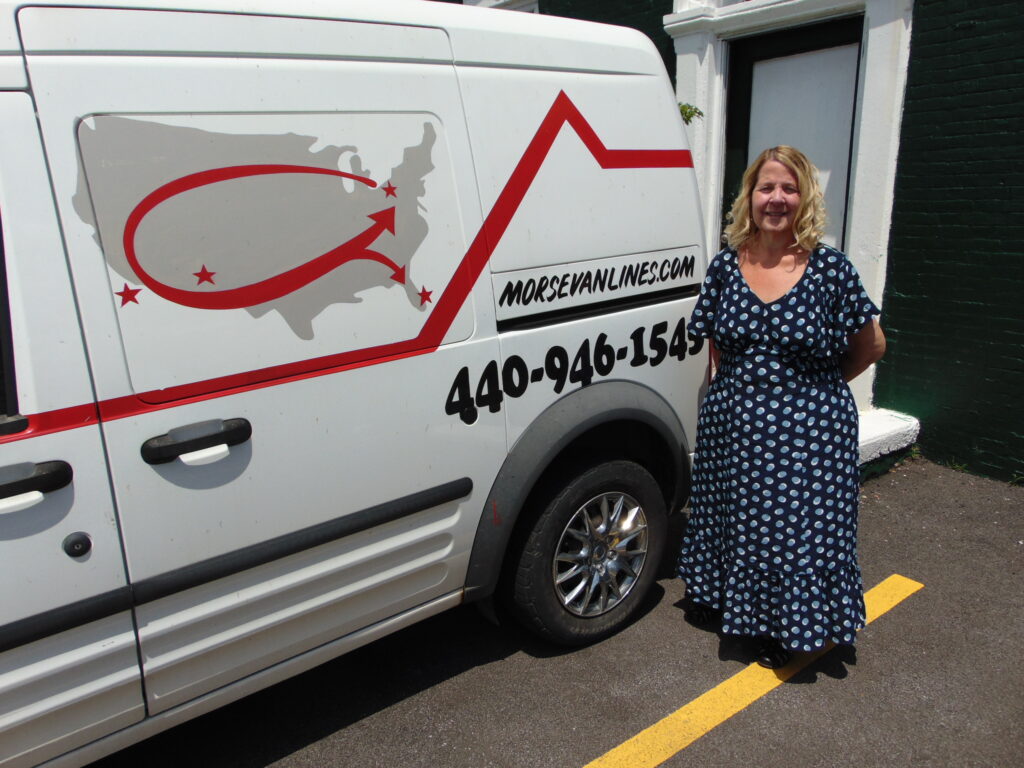
Why Choose Morse Van Lines for Your Move?
Packing and moving can be overwhelming, but Morse Van Lines is here to help. As a trusted moving company based in Painesville, Ohio, we provide professional services to make your move as stress-free as possible. Our team of experts can guide you through every step of the process, from packing supplies to efficient loading techniques.
Morse Van Lines also offers high-quality moving supplies, including boxes, blankets, and straps, to ensure your belongings are protected. When you choose us, you’re choosing reliability, professionalism, and a commitment to excellence. Contact us today to learn more about our moving services and how we can make your next move a success.
